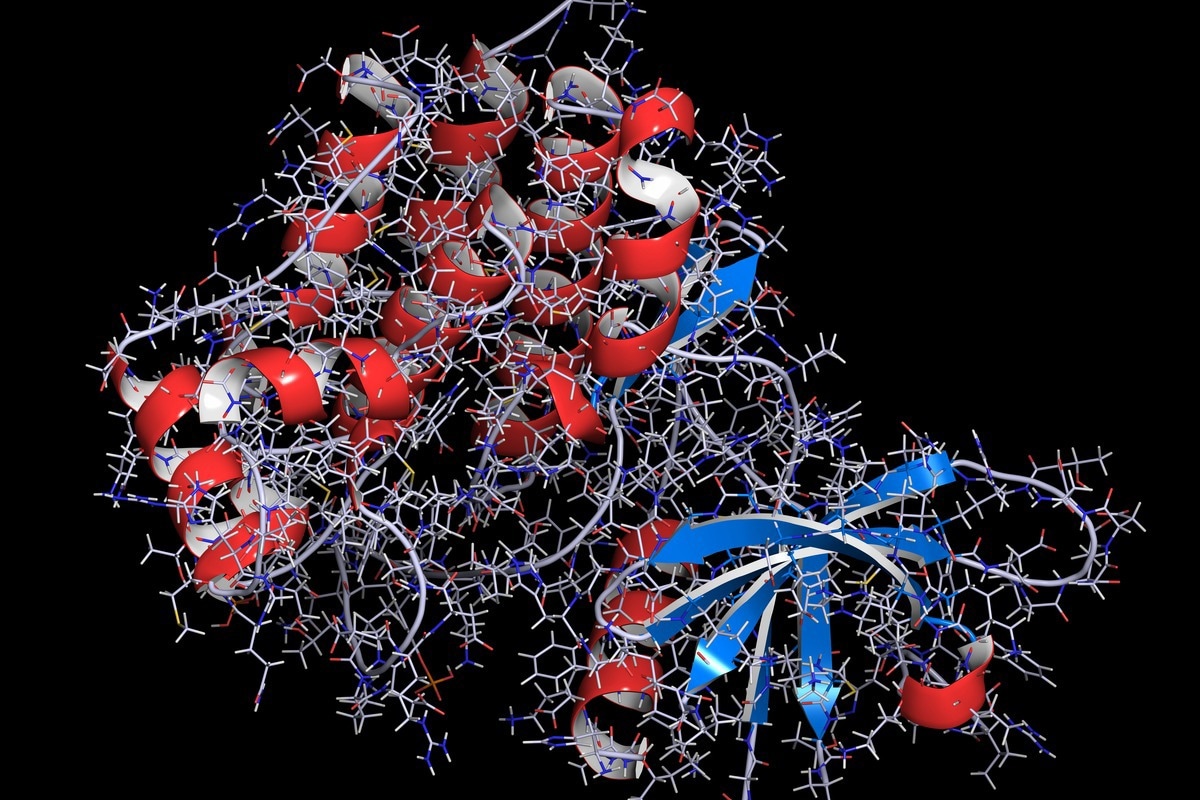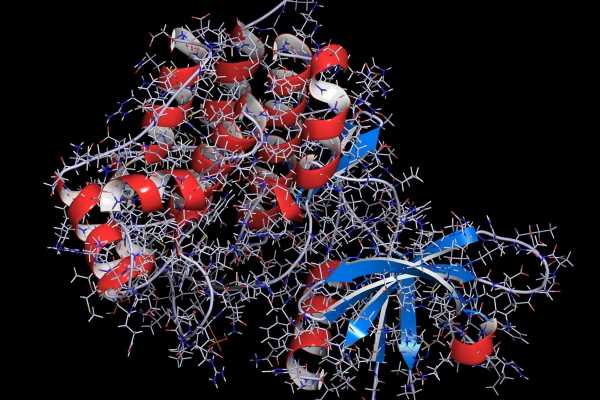Janus kinase (JNK) inhibitors with antiviral and anti-inflammatory properties have shown promising outcomes in treating symptomatic coronavirus disease 2019 (COVID-19) patients.
In a systematic review article published in the journal Cochrane Database of Systematic Reviews, scientists have described the clinical outcomes in hospitalized COVID-19 patients who have been treated with JNK inhibitors together with standard of care.

Background
JNK inhibitors are used as a therapeutic intervention in patients with autoimmune diseases. These medicines are administered orally (systemic) or through inhalation to suppress certain functions of the immune system.
COVID-19 caused by severe acute respiratory syndrome coronavirus 2 (SARS-CoV-2) is a novel respiratory illness associated with a wide variety of symptoms, ranging from mild respiratory infection to acute respiratory distress syndrome, severe pneumonia, multiorgan failure, and even death. The virus-induced aberrant activation of the interferon signaling pathway leads to excessive production of pro-inflammatory mediators, including cytokines and chemokines. Such hyper-inflammatory condition, also known as cytokine storm, is considered to be the major hallmark of severe COVID-19.
In severe COVID-19 patients, JNK inhibitors are used to suppress the hyperactivation of the immune system, leading to amelioration of symptom intensity.
Studies included in systematic review
A total of six randomized control trials with more than 11,000 participants were included in this systematic review. The trials were designed to investigate the effects of systemic JNK inhibitors (baricitinib, tofacitinib, and ruxolitinib) together with the standard of care in hospitalized COVID-19 patients. As an experimental control, the trials included participants treated with only the standard of care. Most of the trials had investigated the efficacy of baricitinib.
The standard of care included the administration of glucocorticoids, antibiotics, anti-coagulants, antiviral drugs, as well as non-pharmaceutical interventions.
At the time of enrollment, about 65% of the participants required low-flow oxygen supplementation, 23% required high-flow oxygen or non-invasive ventilation, 4% required invasive mechanical ventilation, and 8% were without any respiratory support.
Clinical outcomes in patients with moderate to severe COVID-19
The systematic analysis of the evidence revealed that patients treated with JNK inhibitors together with the standard of care have a lower rate of all-cause mortality up to day 28 and day 60 compared to those treated with the standard of care alone.
Regarding clinical outcomes such as discharge alive or hospitalized with no further need for ongoing medical care, no considerable improvement was observed in patients who were treated with both JNK inhibitors and standard of care. However, compared to patients treated with only standard of care, those receiving both treatment arms showed a lower risk of decline in clinical outcomes. A decline in clinical outcome was defined as a new requirement of invasive mechanical ventilation or death on day 28.
No significant difference in the rate of adverse events was observed between the patients who received standard of care with and without JNK inhibitors. However, a comparatively lower incidence of severe adverse events was observed in patients treated with both JNK inhibitors and standard of care.
Similarly, no difference in the rate of secondary infection was observed between the two groups. A sub-group analysis considering COVID-19 severity and type of JNK inhibitor used could not identify any specific patient group that benefited more or less from JNK inhibitors.
Key points
The review highlights that systemic administration of JNK inhibitors together with the standard of care may reduce the rate of all-cause mortality in hospitalized patients with moderate to severe COVID-19. Although no improvement in clinical outcomes has been documented, a relatively lower risk of decline in clinical outcomes, as well as the lower occurrence of severe adversities has been observed upon administration of JNK inhibitors.
Importantly, the sub-group analysis considering disease severity and type of inhibitor fails to identify any specific patient group that is more or less sensitive to the treatment. As suggested by the scientists, more studies are required to investigate the effects of JNK inhibitors in patient subpopulations with varying disease severity.
The review could not evaluate the efficacy and safety of JNK inhibitors in asymptomatic or mildly symptomatic COVID-19 patients because of a lack of evidence.
- Kramer A. 2022. Janus kinase inhibitors for the treatment of COVID‐19. Cochrane Database of Systematic Reviews. doi: https://doi.org/10.1002/14651858.CD015209 https://www.cochranelibrary.com/cdsr/doi/10.1002/14651858.CD015209/full
Posted in: Medical Science News | Medical Research News | Disease/Infection News
Tags: Acute Respiratory Distress Syndrome, Anti-Inflammatory, Autoimmune Disease, Chemokines, Coronavirus, Coronavirus Disease COVID-19, covid-19, Cytokine, Cytokines, Drugs, Efficacy, Immune System, Interferon, Kinase, Mortality, Oxygen, Pneumonia, Respiratory, Respiratory Illness, SARS, SARS-CoV-2, Severe Acute Respiratory, Severe Acute Respiratory Syndrome, Signaling Pathway, Syndrome, Virus

Written by
Dr. Sanchari Sinha Dutta
Dr. Sanchari Sinha Dutta is a science communicator who believes in spreading the power of science in every corner of the world. She has a Bachelor of Science (B.Sc.) degree and a Master's of Science (M.Sc.) in biology and human physiology. Following her Master's degree, Sanchari went on to study a Ph.D. in human physiology. She has authored more than 10 original research articles, all of which have been published in world renowned international journals.
Source: Read Full Article
